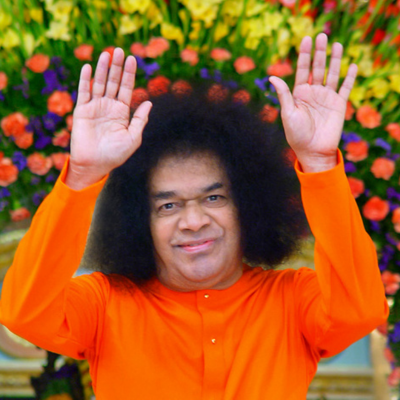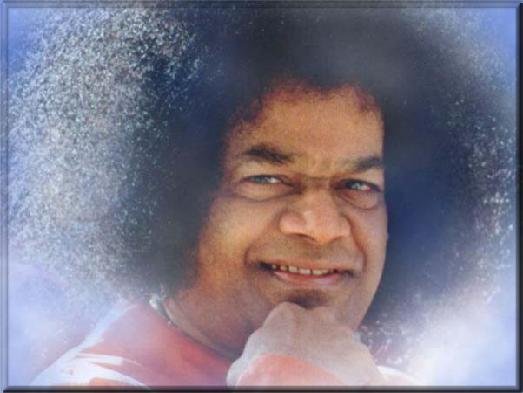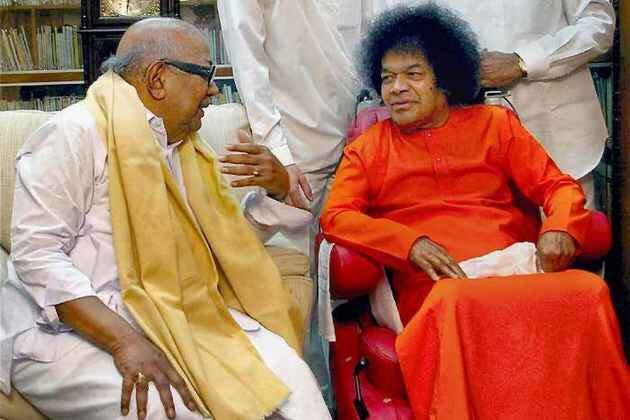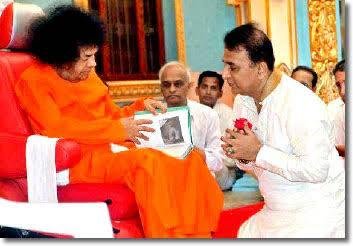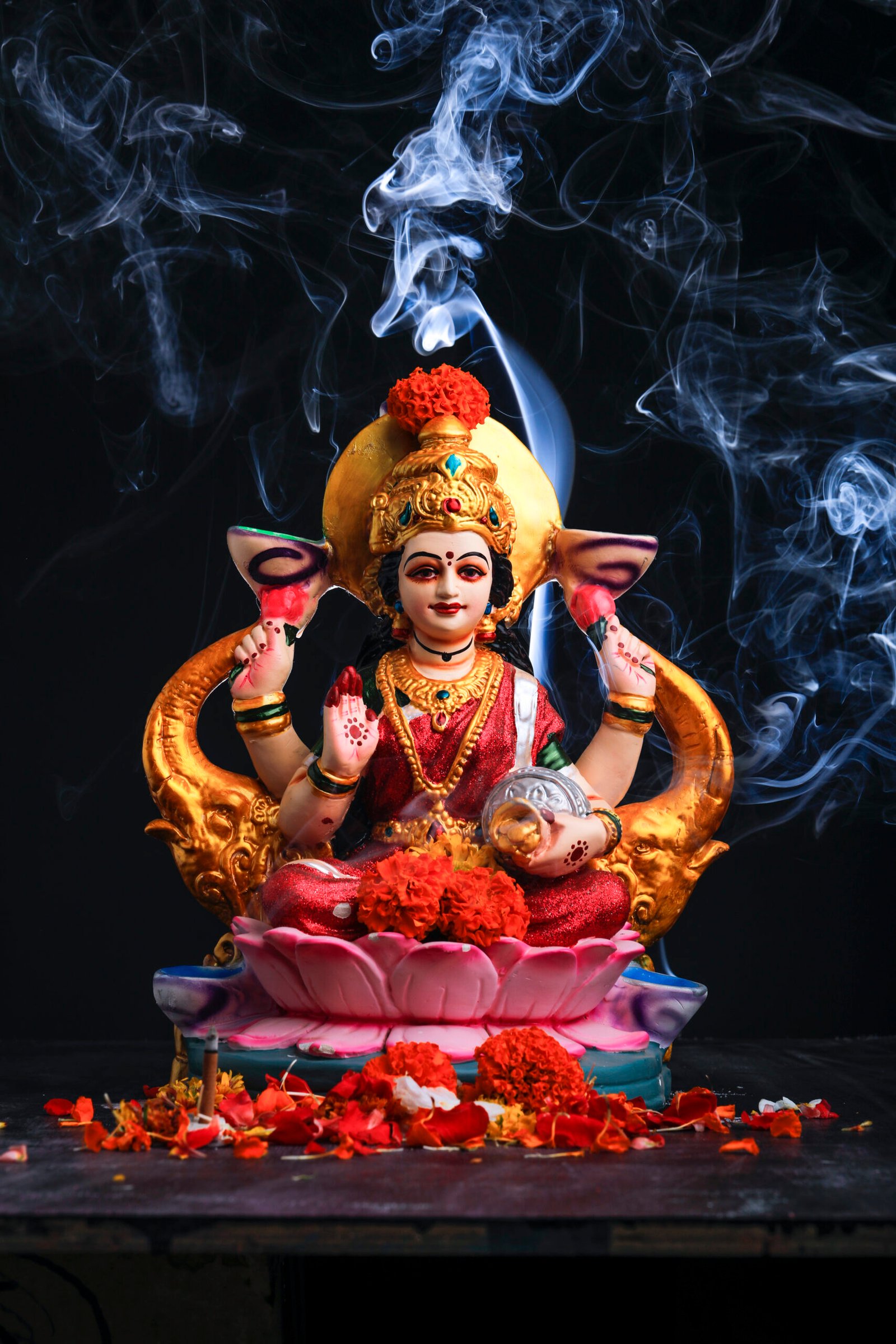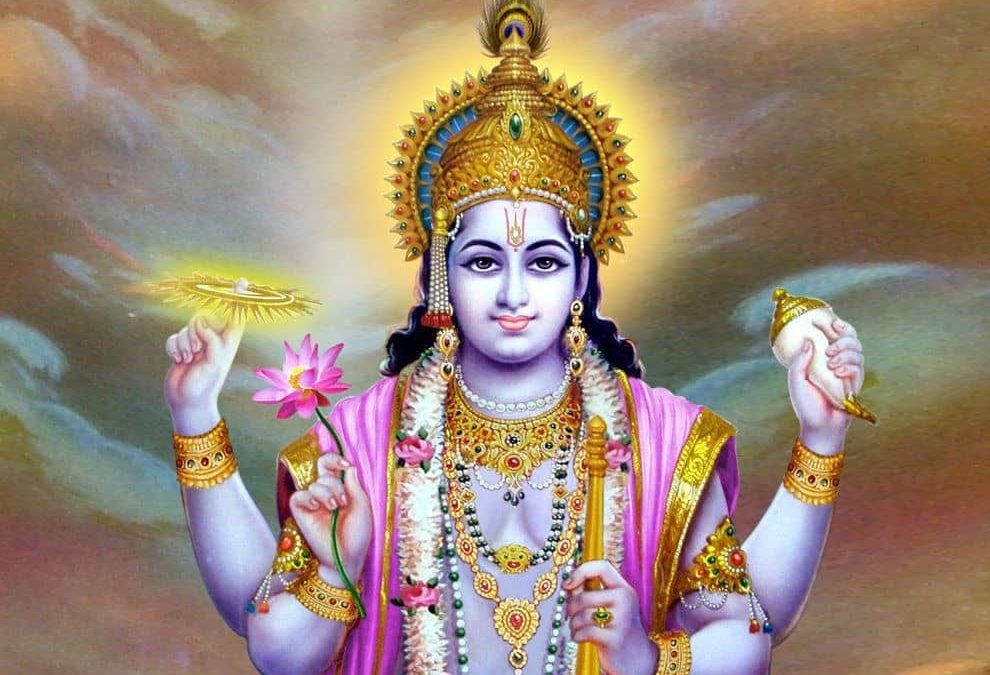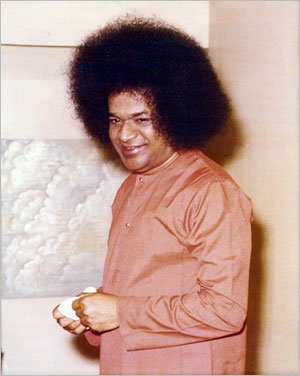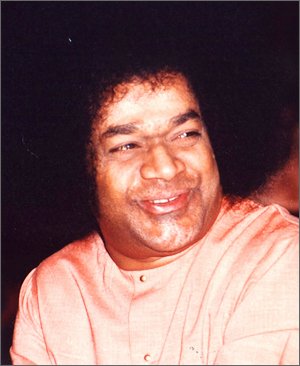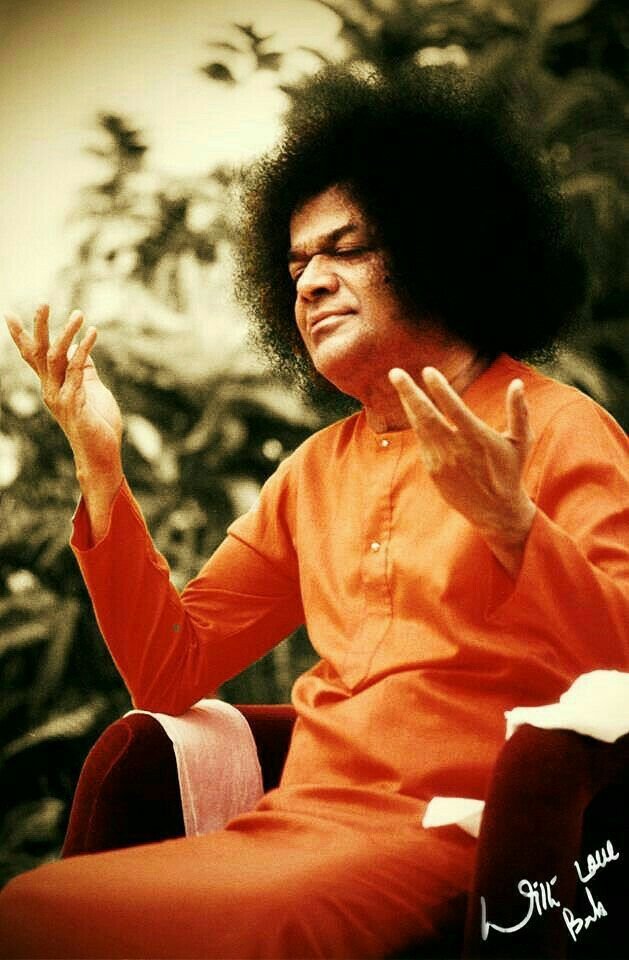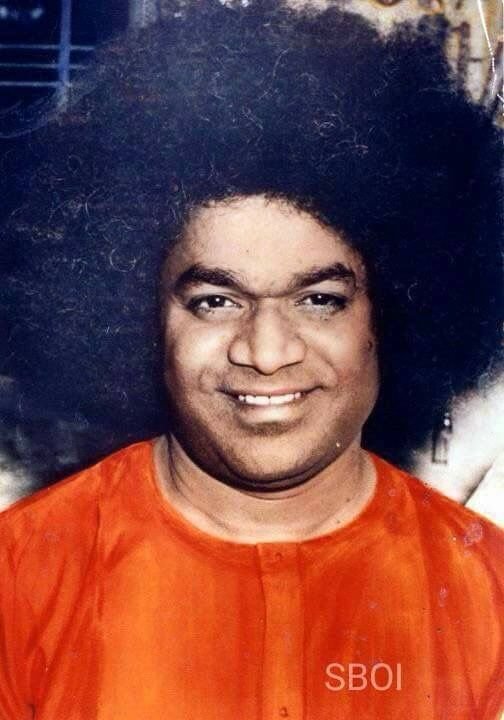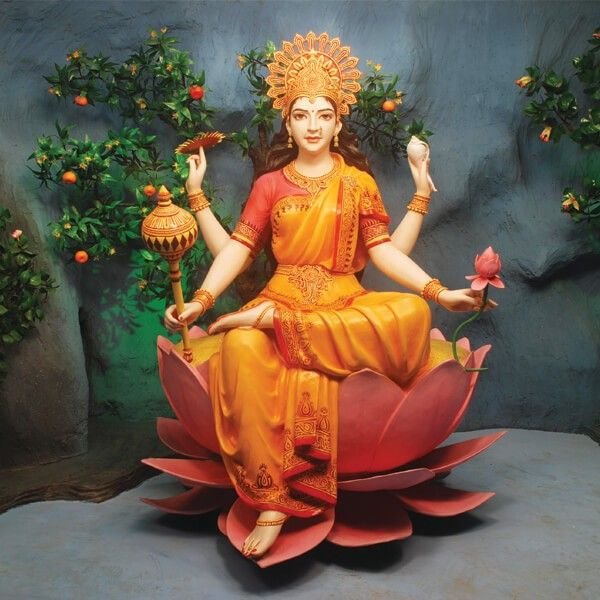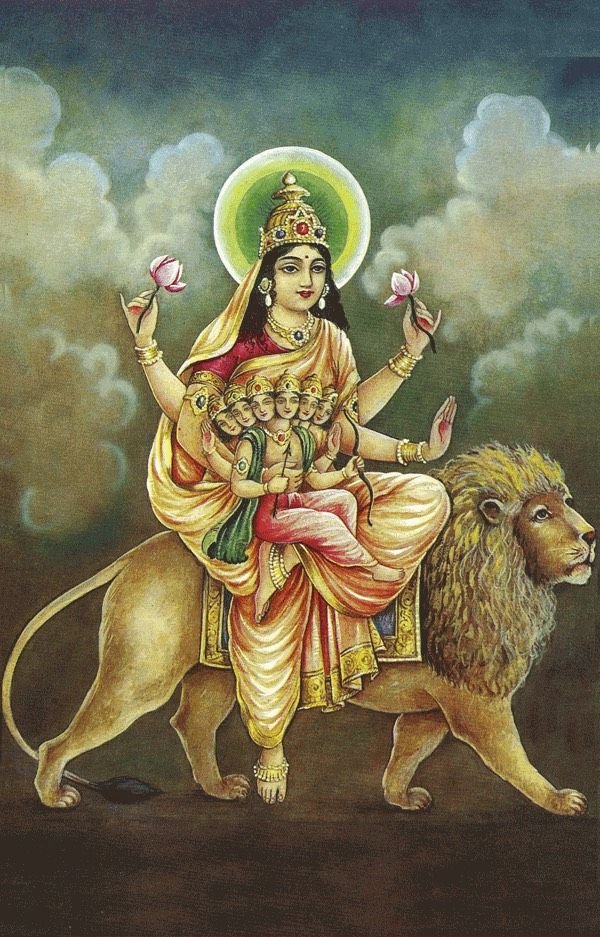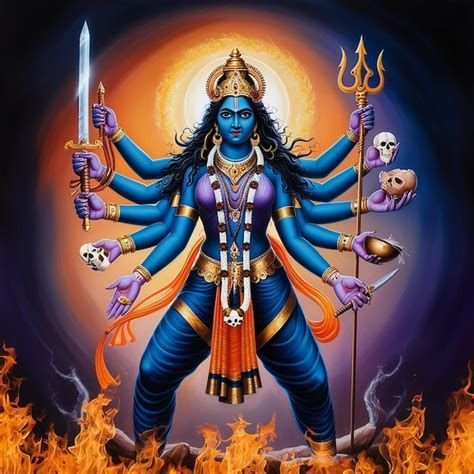Summer Showers in (1976)
Summer Showers in (1976)
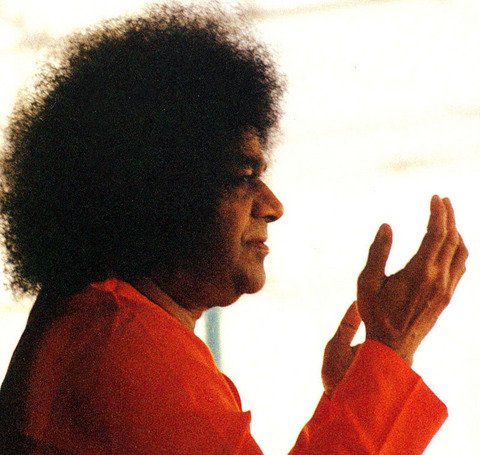
Summer Showers 1976 (also titled Summer Roses on the Blue Mountains) is a collection of discourses delivered by Bhagawan Sri Sathya Sai Baba during the Summer Course on Indian Culture & Spirituality held in Ooty (a hill‑station) in May 1976. The discourses are addressed primarily to young people—students—and concern themselves with cultivating inner character, values, and spiritual awareness through practical living, self‑reflection, and devotion.
Baba emphasises that true dharma (righteous action) is never lost; it is people’s neglect or misapplication of it that causes moral decline. He points out that two of the great human qualities are humility and obedience, traits exemplified in the Krishna Avatar, not merely stories but living ideals from which we can draw guidance.
Another key theme is that man should aspire to promote inner vision—an ability to see beyond outward appearance, sense pleasures or conventions, to perceive deeper truth. The Mahabharata is invoked as a rich source of lessons: not only in its epic battle‑scenes but in its portrayal of human dilemmas, ideal behaviour, and the consequences of action. A repeated refrain is the injunction to “Be good, do good, and see good; that is the way to God” – not just in thought but deed and vision. Swami warns against behaving like animals, meaning giving in to base instincts without self‑control, lacking compassion, greed, anger.
Another discourse emphasises that the human body is fragile (“like a water bubble on the surface of water”) pointing to the impermanent nature of life and the need to fix attention on what is lasting. The negative force of ego is stressed: ego blinds the person, distorts one’s perception, making one proud, inflexible, insensitive to others.
Also the metaphor of the “mad monkey mind” is used to describe how restlessness, distraction, desires disturb inner peace, and how one must strive to calm and discipline the mind. Among the more elevated themes is the path of love—devotion or bhakti—as the quickest, most direct way to reach God, since love softens the heart, breaks the barriers of self, leads to surrender.
Conscience is presented as one’s true master and guide: even when outer rules or norms are vague, our inner voice or conscience can guide action toward truth, integrity, compassion. Overall, Summer Showers 1976 is both aspirational and practical. Baba does not merely exhort lofty ideals; he frames them in everyday life: in relationships, in how one faces challenge, loss, temptation; in how one treats others; in cultivating inner calm, humility, obedience and the capacity to love.
The teaching is that spiritual life is not removed from daily living but embodied in it. The student is encouraged to wake up to their own divinity, to see that God’s presence is not distant, but can be lived through kindness, duty, purity of heart, self‑control and love. Summer Roses on the Blue Mountains (1976) thus remains a timeless reminder that transformation begins within, and that the small decisions taken daily—with humility, love, and conscience—lead the seeker toward the Supreme.





